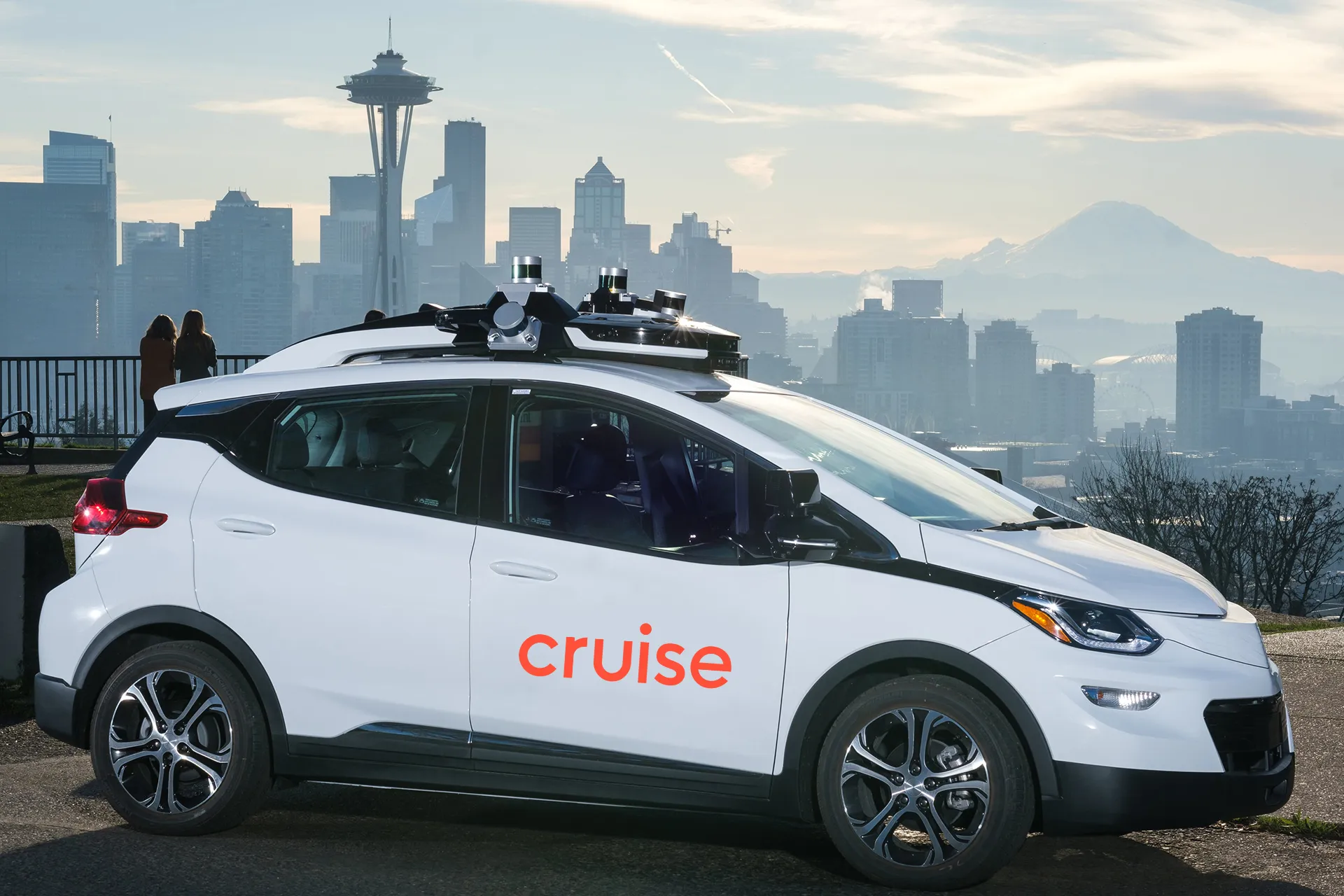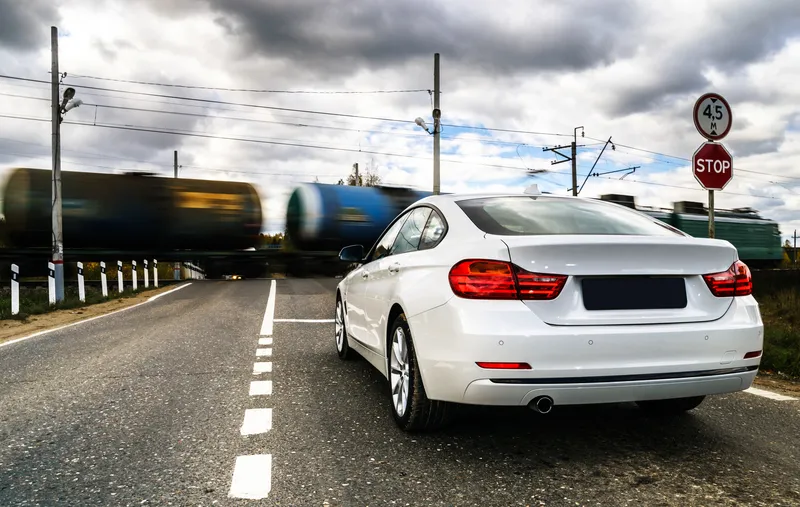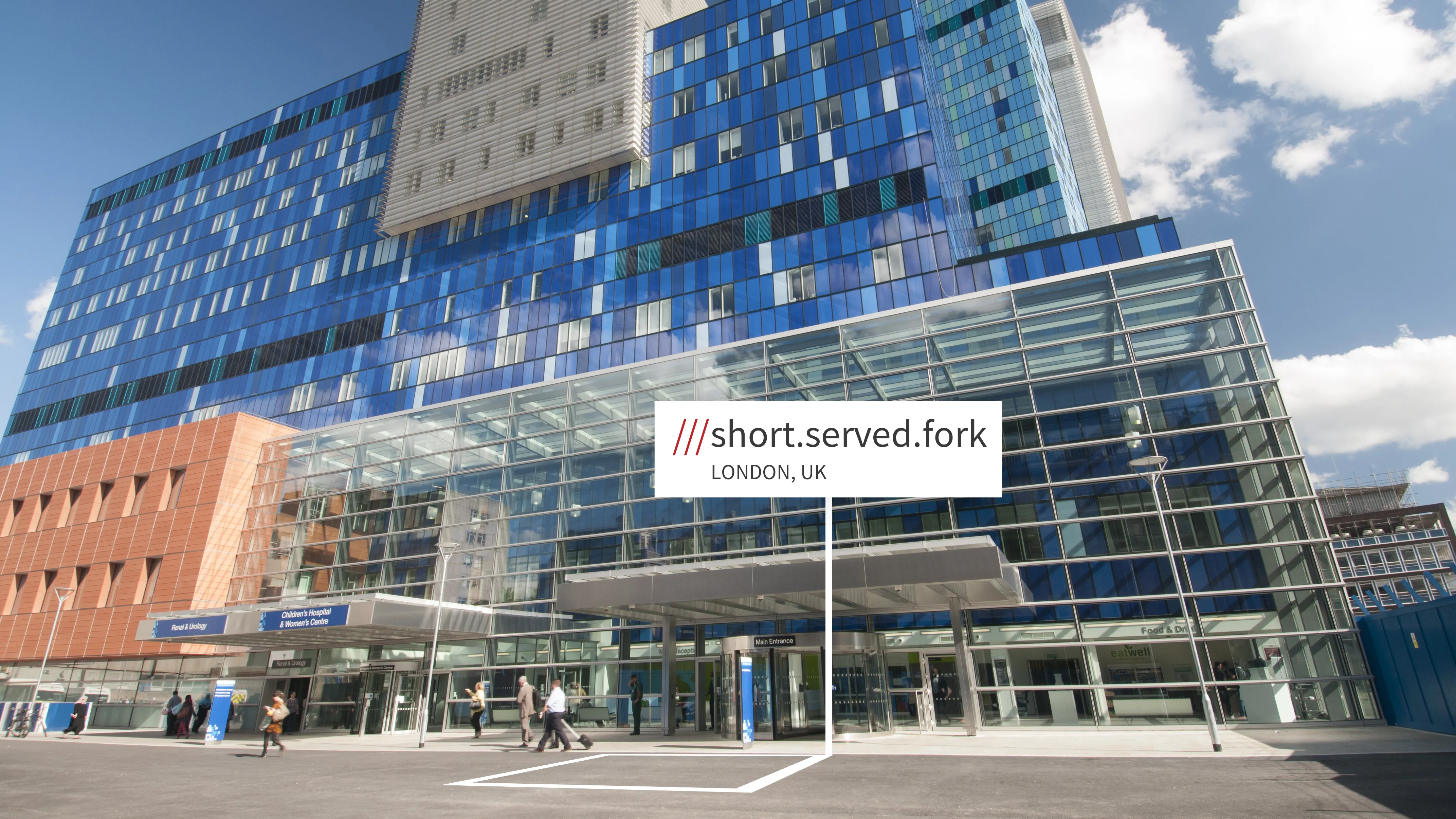
Dubai's Roads and Transport Authority (RTA) has entered an agreement which will allow Cruise to operate autonomous taxis and ride-hailing services in the emirate.
The deployment will support Dubai’s 2030 vision for autonomous technology, which includes an aim to reduce transportation costs by AED900 million a year and save AED1.5 billion a year by reducing environmental pollution by 12%.
Part of the vision includes a goal to generate AED18bn in annual economic returns by increasing the efficiency of the transportation sector.
Crown prince of Dubai Sheikh Hamdan bin Mohammed bin Rashid Al Maktoum says the agreement will raise the “global profile” of Dubai in autonomous transport.
He goes on to describe the deal as a “major step towards realising Dubai’s self-driving transport strategy aimed at converting 25% of total trips in Dubai into self-driving transport trips across different modes of transport by 2030”.
As part of the agreement, Cruise is to establish a Dubai-based company which will be responsible for the deployment, operation and maintenance of the fleet.
Mattar Mohammed Al Tayer, chairman of the board of executive directors at the RTA, says Cruise will start operating with a “limited number” of vehicles in 2023, with plans to scale up to 4,000 by 2030”.
“RTA will facilitate the governance of the service provided by the company and support the introduction of the appropriate legislative environment, policies and regulations required for operating this technology,” Al Tayer adds.
Al Tayer reveals the AVs will be fitted with sensors to monitor road conditions, and controls to “avoid collision with any objects - even with those the human eye cannot see”.
“The operation of self-driving taxis will also enhance the integration between transit means, which will ease the mobility of public transport riders and simplify the process of being transported to their final destinations (first and last-mile),” Al Tayer concludes.
Cruise CEO Dan Ammann says: “The Cruise Origin will make transportation safer, a better experience, more affordable and better for the planet.”









